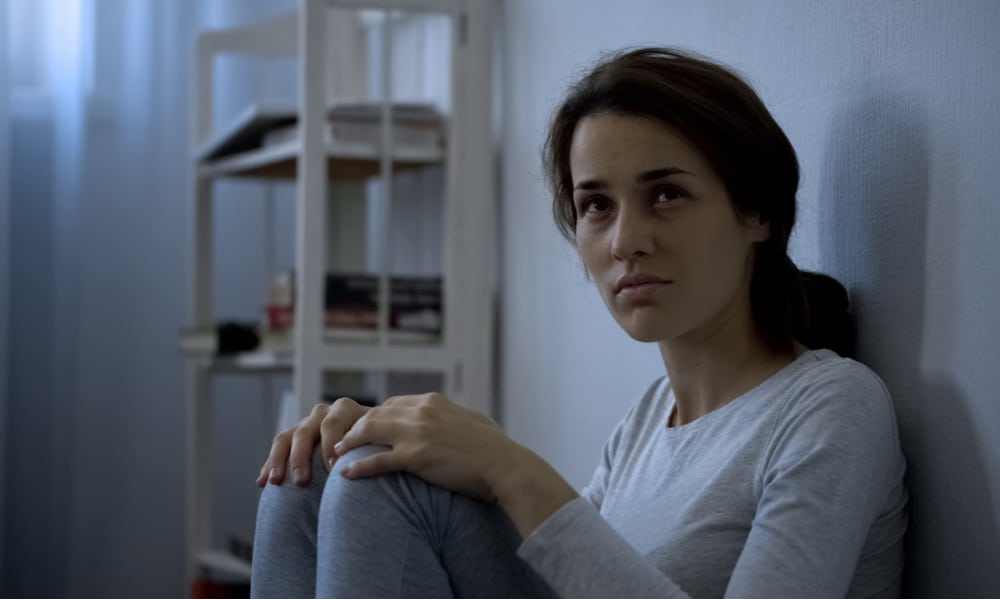Lysergaman
Bluelighter
- Joined
- Mar 23, 2018
- Messages
- 83
People with PTSD, Dissociation/Derealization, And psychosis in particular should definitely avoid using THC. It is true that
cannabis can help with some cases of PTSD, Bipolar, and anxiety disorders but it can also make them much worse. However people with Derealization, disassociation, delirium and psychosis will almost DEFINITELY have a very strong negative reaction after using THC. It can not only worsen these conditions but also act as a stressor to trigger them if you have the condition already. Cannabis should seriously be avoided. However, with that being said, these conditions are worsened by THC but they could likely be helped with CBD (despite a lack of medical studies). So if you want to try treating one of these conditions, stick with CBD. If you use THC there is a very good chance that you will be worse off than before.
cannabis can help with some cases of PTSD, Bipolar, and anxiety disorders but it can also make them much worse. However people with Derealization, disassociation, delirium and psychosis will almost DEFINITELY have a very strong negative reaction after using THC. It can not only worsen these conditions but also act as a stressor to trigger them if you have the condition already. Cannabis should seriously be avoided. However, with that being said, these conditions are worsened by THC but they could likely be helped with CBD (despite a lack of medical studies). So if you want to try treating one of these conditions, stick with CBD. If you use THC there is a very good chance that you will be worse off than before.

